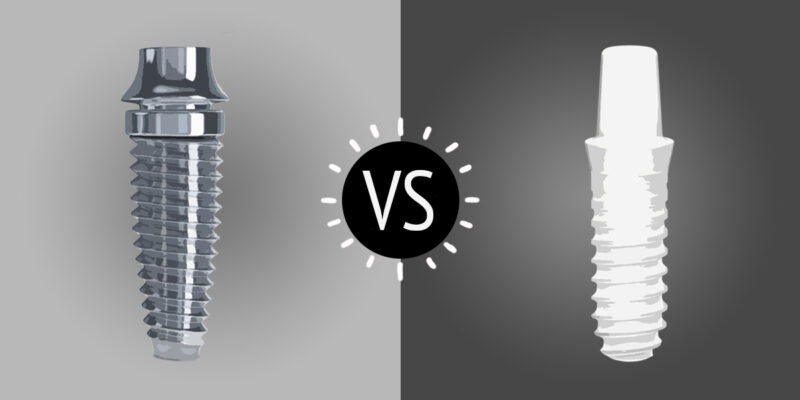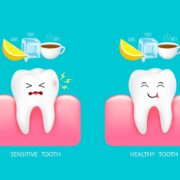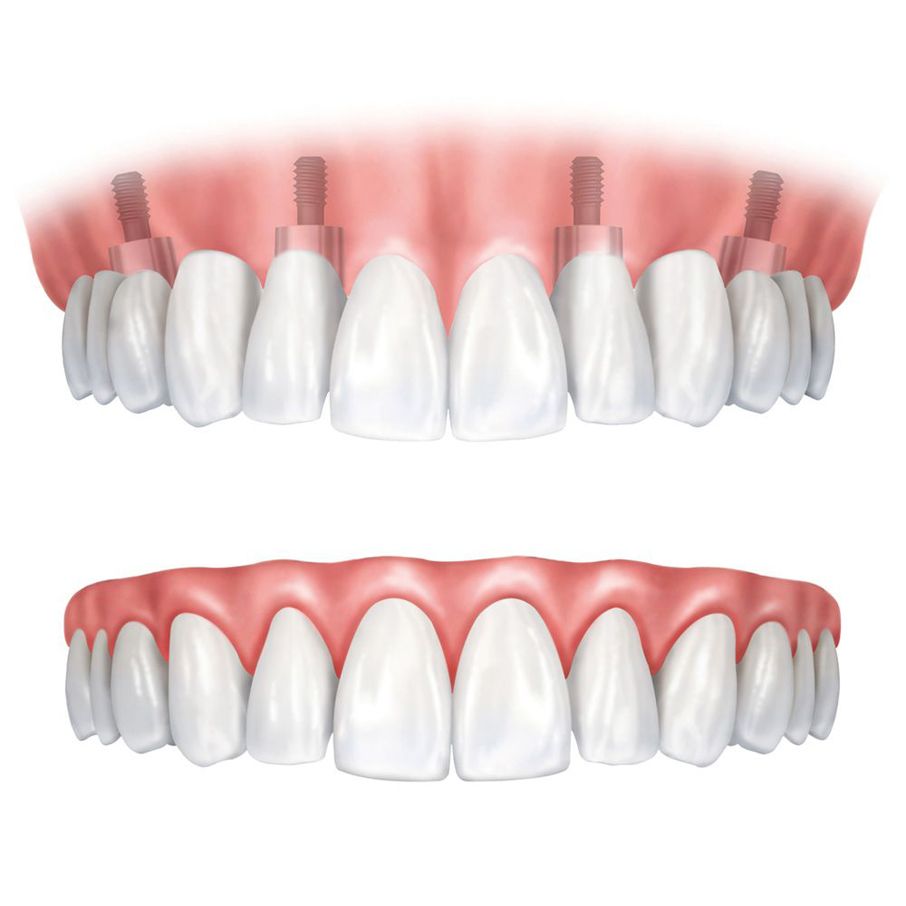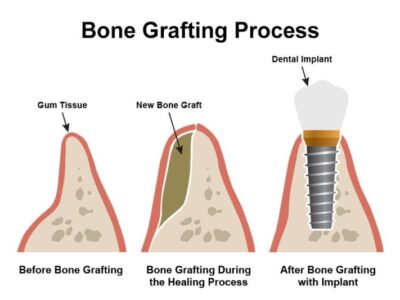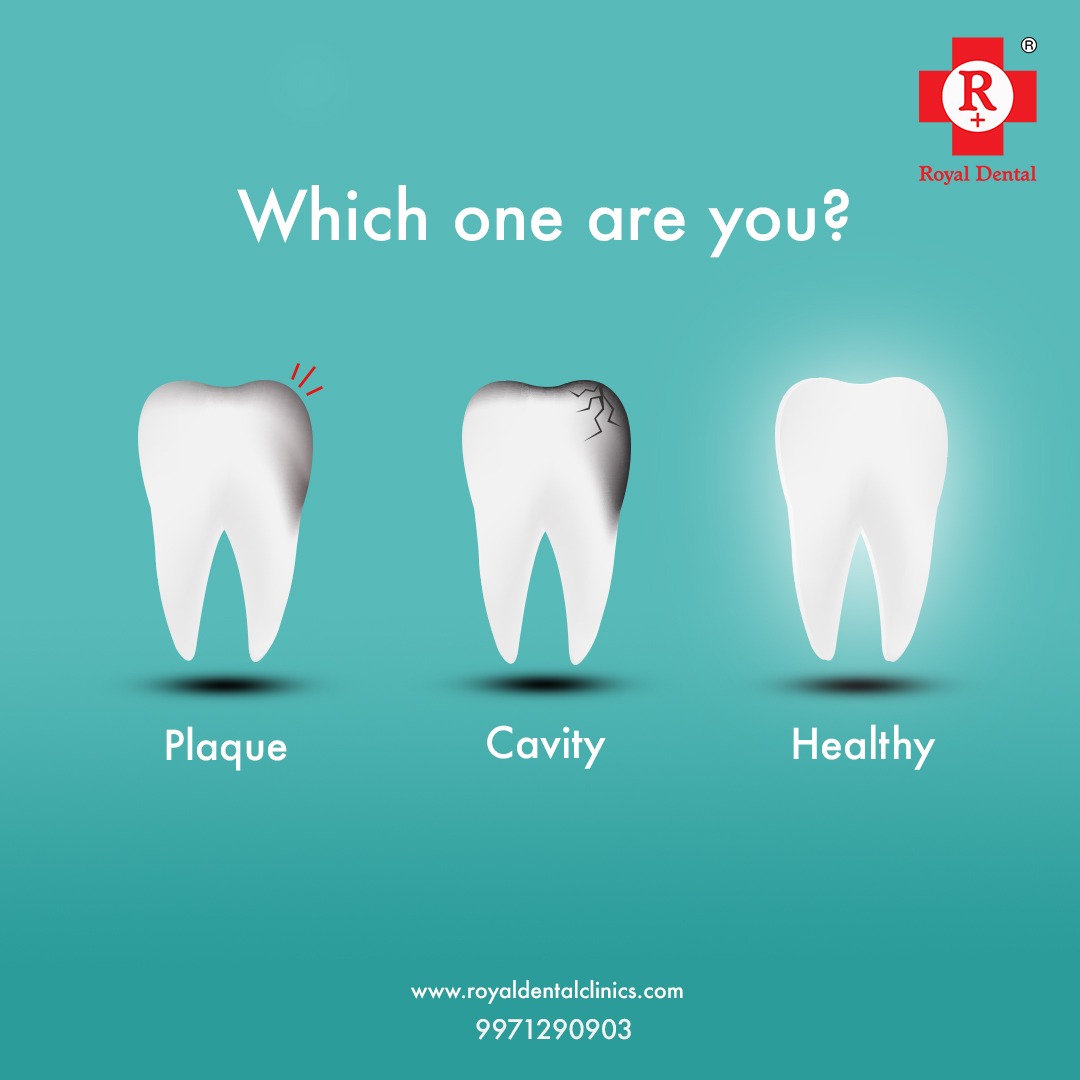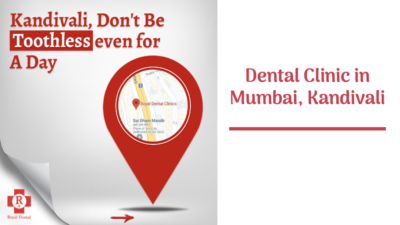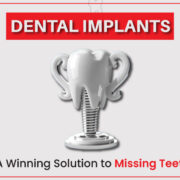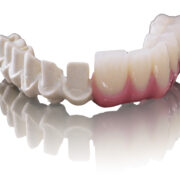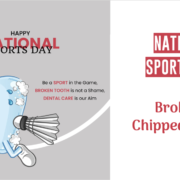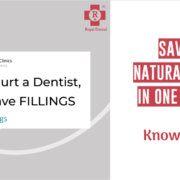Has there ever been a metallic aftertaste left in your tongue following a dental appointment? Then you are not by yourself. After dental work, many patients experience an unpleasant metallic taste. We’ll look at the causes of this phenomenon in this blog and offer some solutions. Even though a metallic taste following dental work is typically transient and goes away on its own, it’s important to recognize when it could indicate a more serious problem. We’ll examine the possible reasons and provide helpful advice for controlling and reducing this taste sensation.
Do dental implants affect taste?
In general, taste is not directly impacted by dental implants. The tongue, roof of the mouth, and throat are home to taste buds that are used to identify flavors; these regions are unaffected by implants. However, due to local anesthesia or medication, some individuals may notice transient alterations in taste shortly following the implant process. These changes normally go away as the body adjusts. In rare cases, nerve damage sustained during the treatment may impair taste perception; however, this danger has been reduced by contemporary procedures. Problems with neighboring teeth and gums or poor dental care that results in infections can also have an indirect effect on taste perception.
What causes a metallic taste in the mouth after dental work?
- Certain dental materials, such as amalgam fillings comprised of metals like silver, tin, and mercury, can occasionally leave a metallic aftertaste. After inserting such fillings, this flavor may become more noticeable immediately.
- Sometimes, during dental treatments, the use of local anesthesia causes a metallic taste. This is usually a transient effect that goes away after the anesthesia wears off.
- Some medications, such as antibiotics and analgesics, might cause a metallic taste when taken following dental procedures.
- A metallic taste may also result from minor bleeding before or after dental work, as blood can contaminate saliva and change its flavor.
- A transient metallic taste can occasionally arise from leftover sensations in the mouth following dental procedures like extractions or root canals, such as mild bleeding or healing processes.
- Rarely, altered taste perceptions—including a metallic taste—may result from procedure-related sensitivity or changes in nerve function in the mouth region.
- Unusual tastes, such as a metallic taste, might result from oral surgical complications like as inflammation or dry sockets.
How long does a metallic taste in the mouth after dental work last?
There are a number of variables that can affect how long a metallic taste lingers in the mouth after dental work. Usually, the taste goes away in a few hours to a few days following standard procedures like cleanings or fillings. The flavor may last for a few days after more involved procedures like root canals or extractions. Individual differences in healing and sensitivity are important; some people feel the metallic taste for a shorter period of time than others.
How long the flavor lasts can also be influenced by the materials used in the procedure, such as metal-containing fillings. Maintaining good dental hygiene and taking prescription drugs as directed can help reduce the length of time the metallic taste lasts. But you should see your dentist for more assessment and advice if the taste lasts for a long time or if it is accompanied by other worrisome symptoms.
What can I do to get rid of a metallic taste in the mouth after dental work?
- To keep your mouth healthy and get rid of any residual tastes, brush your teeth thoroughly at least twice a day and use mouthwash.
- Getting enough water can help wash away any lingering flavors and encourage the production of saliva, which helps keep the mouth clean.
- Foods with strong flavors, or those that can intensify the metallic taste, should be temporarily avoided.
- Chewing sugar-free gum can help reduce the metallic taste and increase salivation.
- To help neutralize flavors and freshen your breath, try rinsing your mouth with an alcohol-free mouthwash or a solution of baking soda and water.
- A lot of the time, the metallic taste goes away on its own as your body heals and adjusts. Give it a little time.
- See Dr. Chirag if the metallic taste continues or starts to concern you. If necessary, he can assess the circumstances and offer particular advice or remedies.

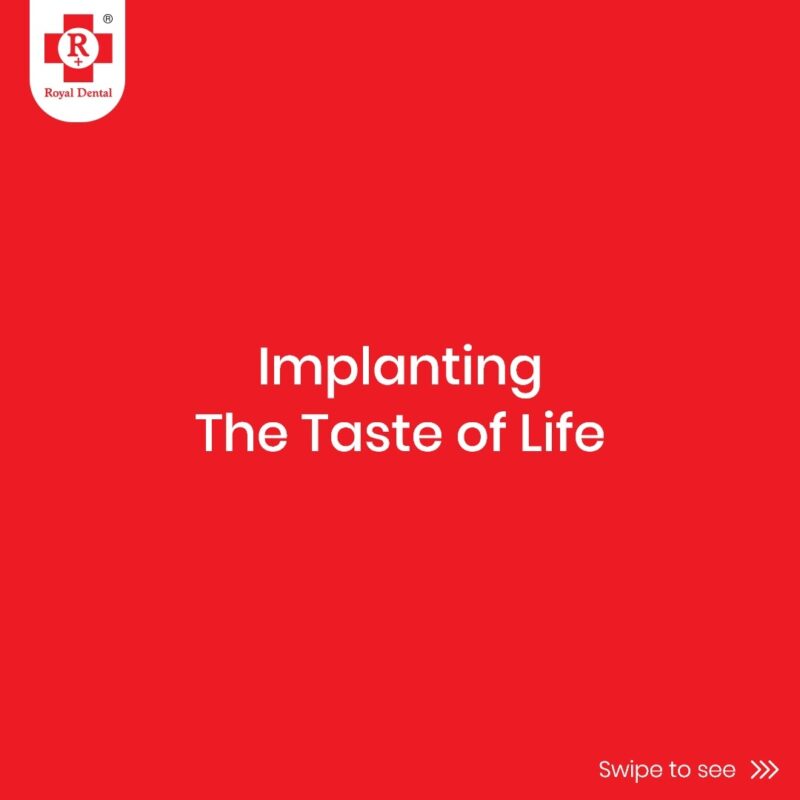
Conclusion
After dental work, having a metallic taste in your mouth is a frequent and mostly transient experience. This feeling’s duration can vary depending on the type of surgery, materials utilized, and personal healing processes. Although the taste may irritate you, it can be minimized with time, water retention, and proper tooth care. Remember, it is best to see your dentist if the metallic taste continues or if it is accompanied by unsettling symptoms. In order to guarantee patients’ comfort and the best possible oral health, Dr. Chirag Chamria stresses the significance of routine dental examinations and post-operative treatment.
© All rights reserved by Royal Dental Implants Pvt Ltd
Issued in public interest
FAQs
Q. What causes a metallic taste in the mouth after dental work?
Dental materials (such as amalgam fillings), local anesthetics, drugs, bleeding, post-procedure symptoms, nerve sensitivity, or infections are some of the variables that could result in a metallic taste.
Q. How long does a metallic taste last after dental work?
It takes a few hours to a week, depending on the size of the treatment, the patient’s recuperation, the materials utilized, and the post-operative care.
Q. Can I do anything to alleviate a metallic taste?
Yes, there are ways to lessen the metallic taste: chew sugar-free gum, use mouth rinses, avoid specific foods, stay hydrated, and exercise patience.
Q. When should I be concerned about a metallic taste after dental work?
See Dr. Chamria for assessment and advice if the taste lasts for a long time and is accompanied by intense pain, swelling, discharge, or other worrisome symptoms.
© All rights reserved by Royal Dental Implants Pvt Ltd Issued in public interest

